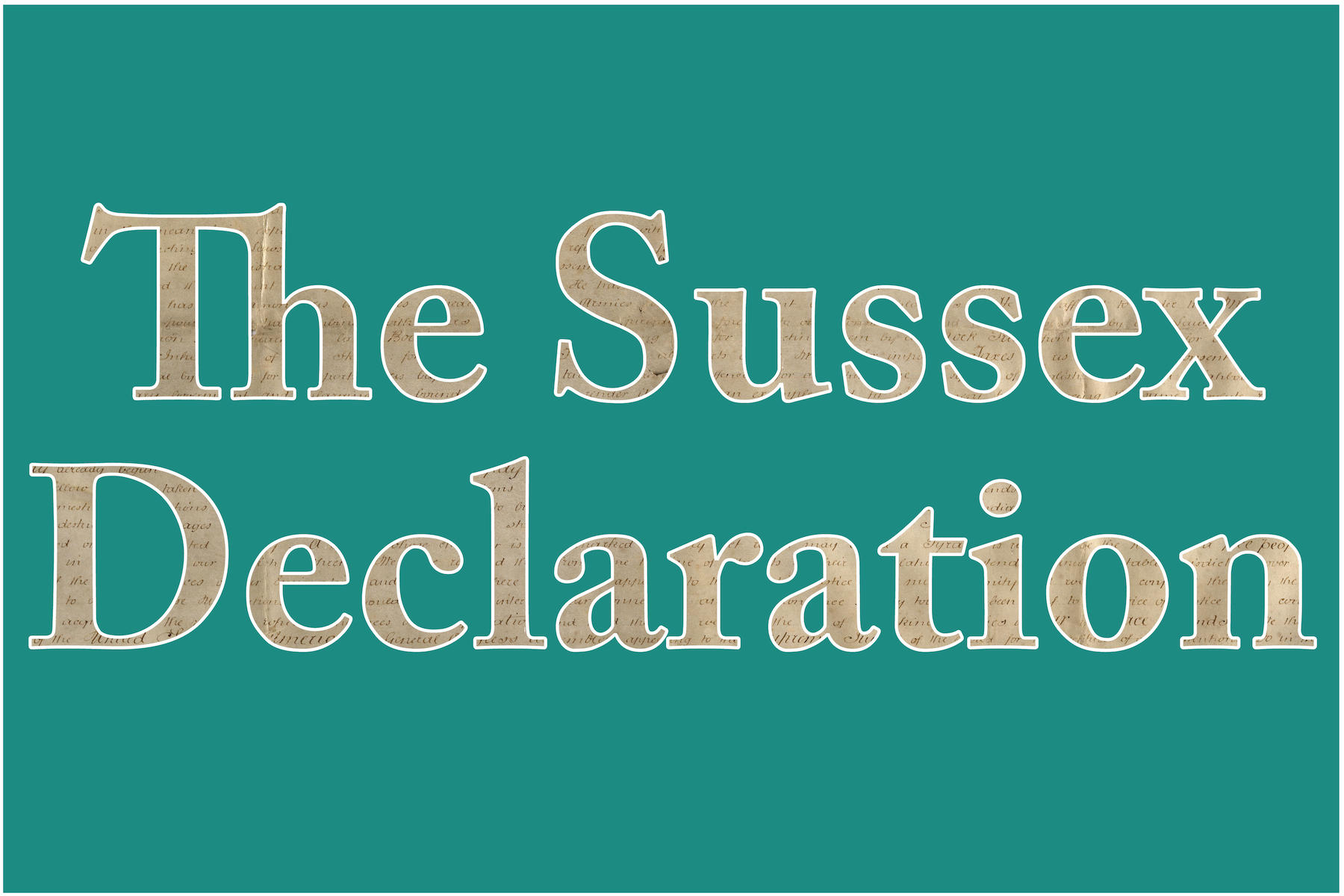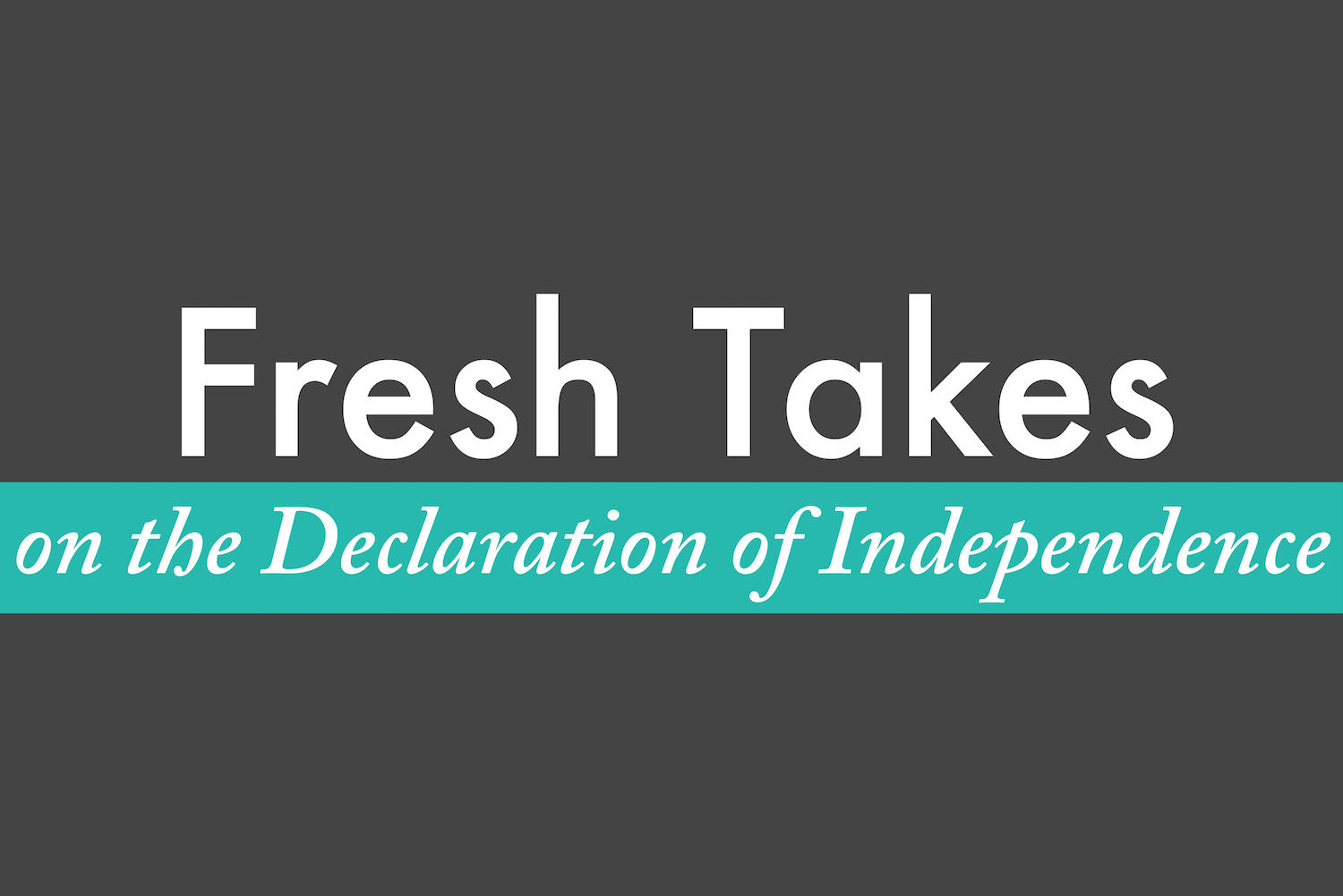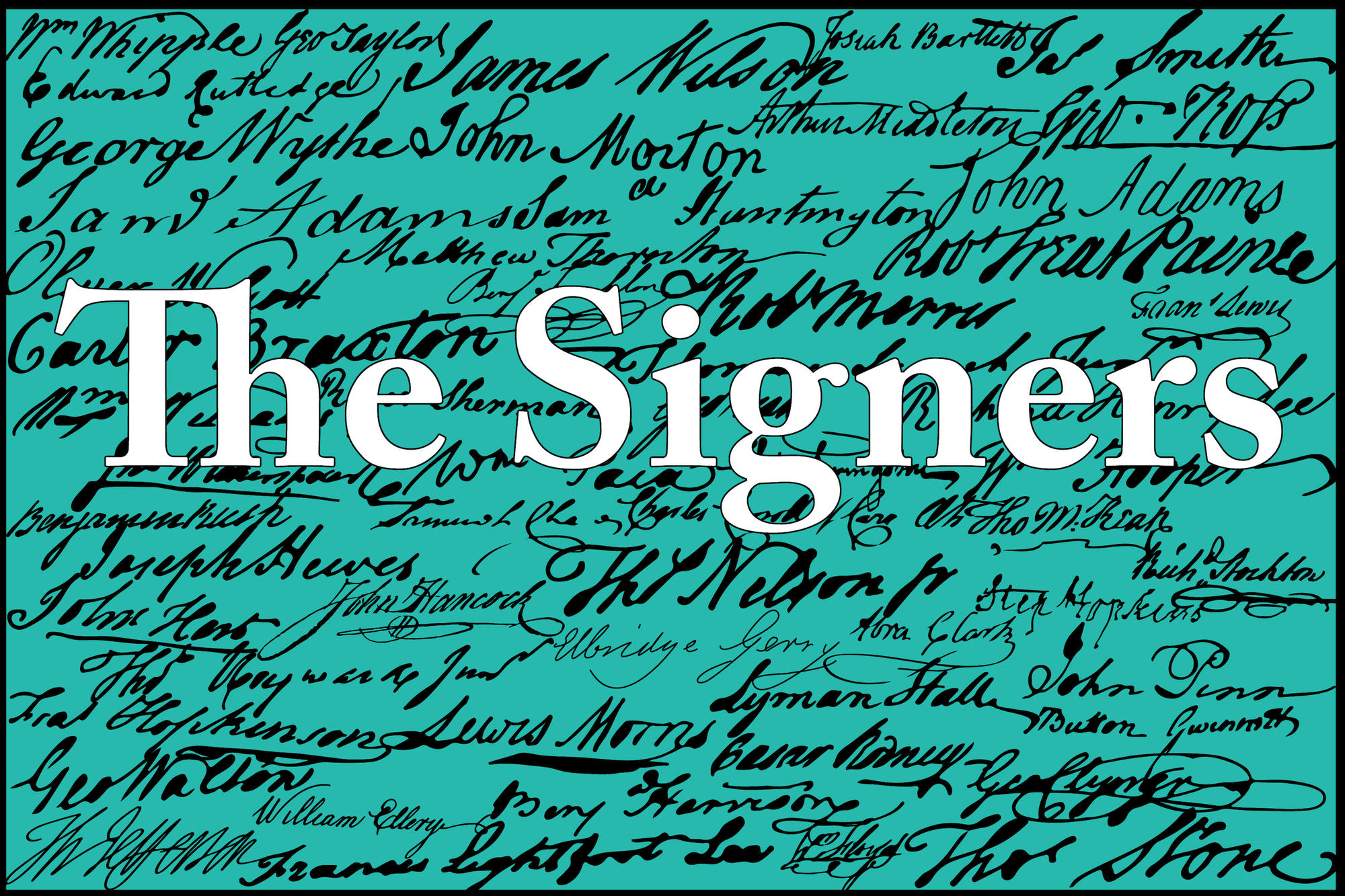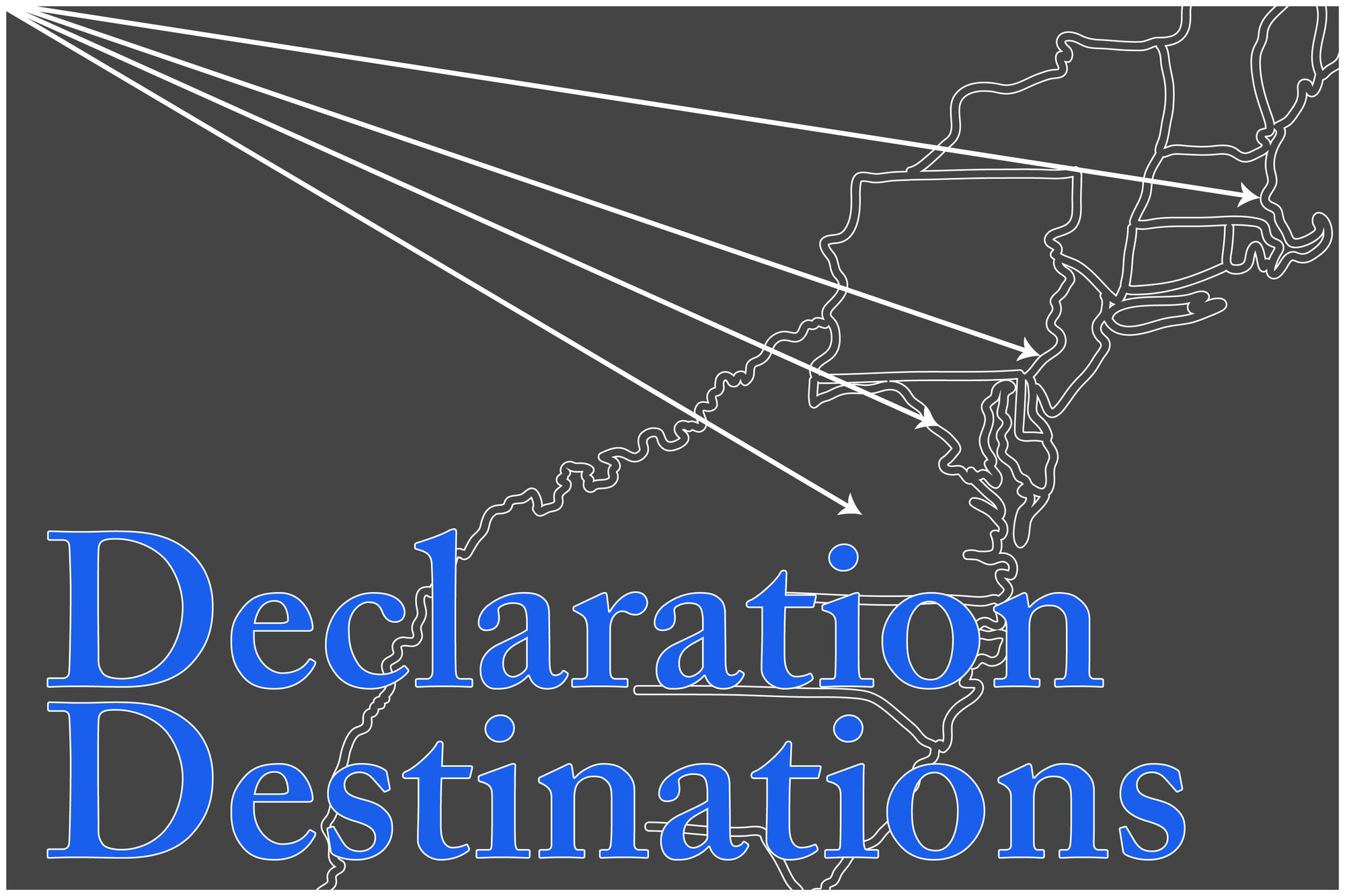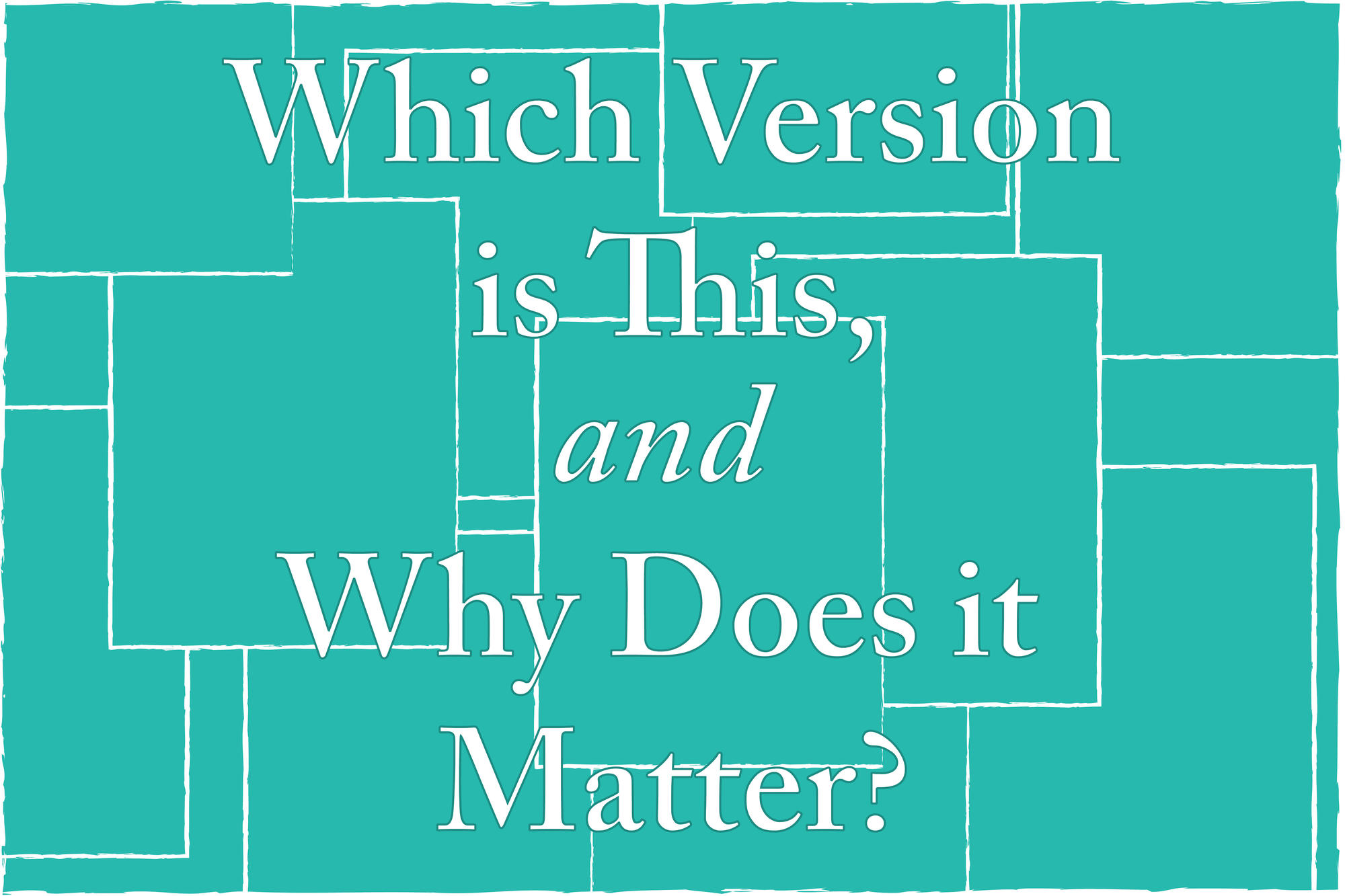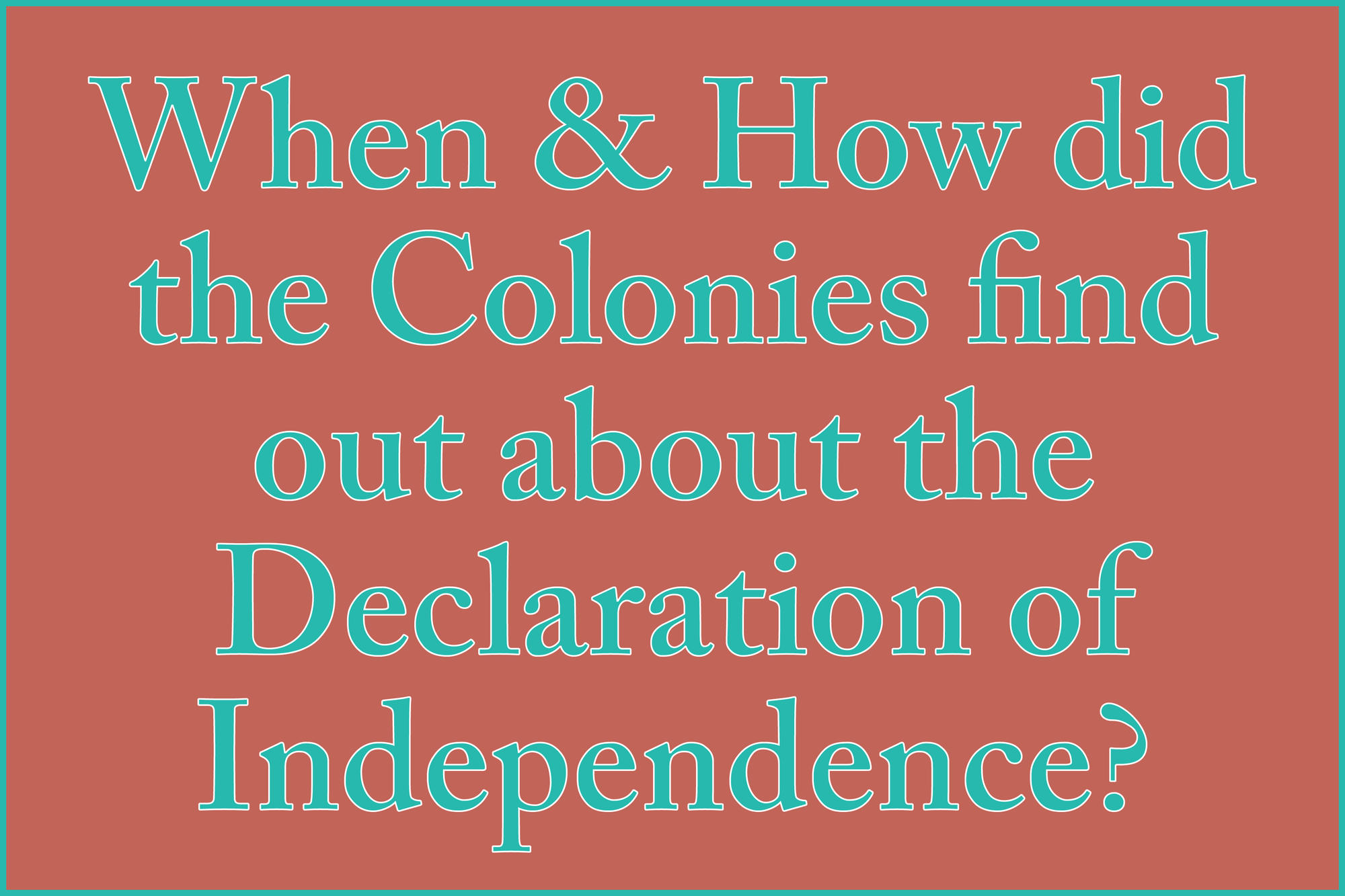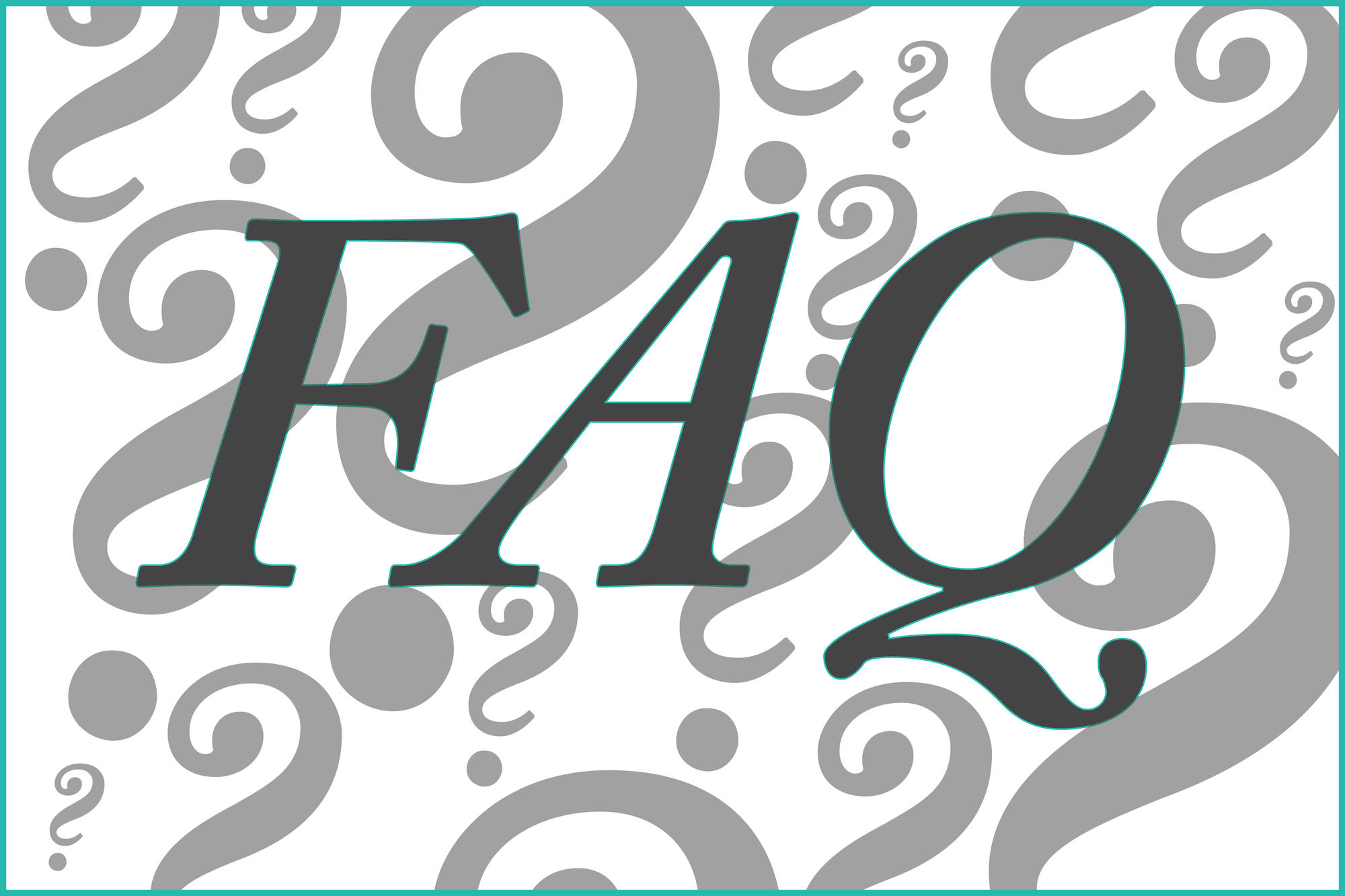George Washington, John Jay, Alexander Hamilton, and James Madison are typically counted as "Founding Fathers", but none of them signed the Declaration of Independence.
General George Washington was Commander of the Continental Army, and was defending New York City in July 1776. As instructed by John Hancock, Washington read the Declaration of Independence to the army on July 9th.
John Jay was a delegate to the Continental Congress in 1775-1776 (and would later become its President), but was recalled by his home state in May. He was initially more moderate, a supporter of reconciliation rather than rebellion, but his views became progressively more radical over the course of the American Revolution. Edward Rutledge wrote Jay on June 29th, imploring him to come to Philadelphia for what he anticipated would be a monumental week; he clearly believed Jay would be against the Declaration, telling him, "recollect the manner in which your Colony is at this Time represented." John Adams wrote to Thomas Jefferson in 1823 that although Jay was absent from the proceedings in Congress, he felt confident that Jay would have signed the Declaration of Independence had he been present.
Only 19 years old in the summer of 1776, Alexander Hamilton was with the Continental Army in New York City when the Declaration of Independence was drafted, approved, and signed.
In 1776, James Madison was just 25 years old, and a member of the Virginia state legislature. When Madison became a delegate to the Continental Congress four years later, he was the youngest delegate, just 29 years old. His longevity--surviving the 2nd and 3rd presidents, Adams and Jefferson, by a decade--combined with his role as Father of the United States Constitution and as 4th President of the United States, caused people to believe he had inside knowledge of the events surrounding the Declaration of Independence, even though he wasn't there. The best connection he could draw in response was that he was a close friend of Jefferson, and that he was a member of the Virginia legislature when they instructed their delegates to Congress to declare independence. As he wrote to Frederick A. Packard (author of Life of George Washington) in 1830, "But not being a member of the Congress of that date, I can have no personal knowledge of what passed on the occasion." Despite having no connection to July 4th, many wished that Madison, who was dying in June 1836, would last until the holiday so he could share the distinction of dying on the same national holiday as Adams and Jefferson. Instead, he died on June 28, 1836, on the 60th anniversary of the Committee of Five presenting their draft of the Declaration to Congress.

